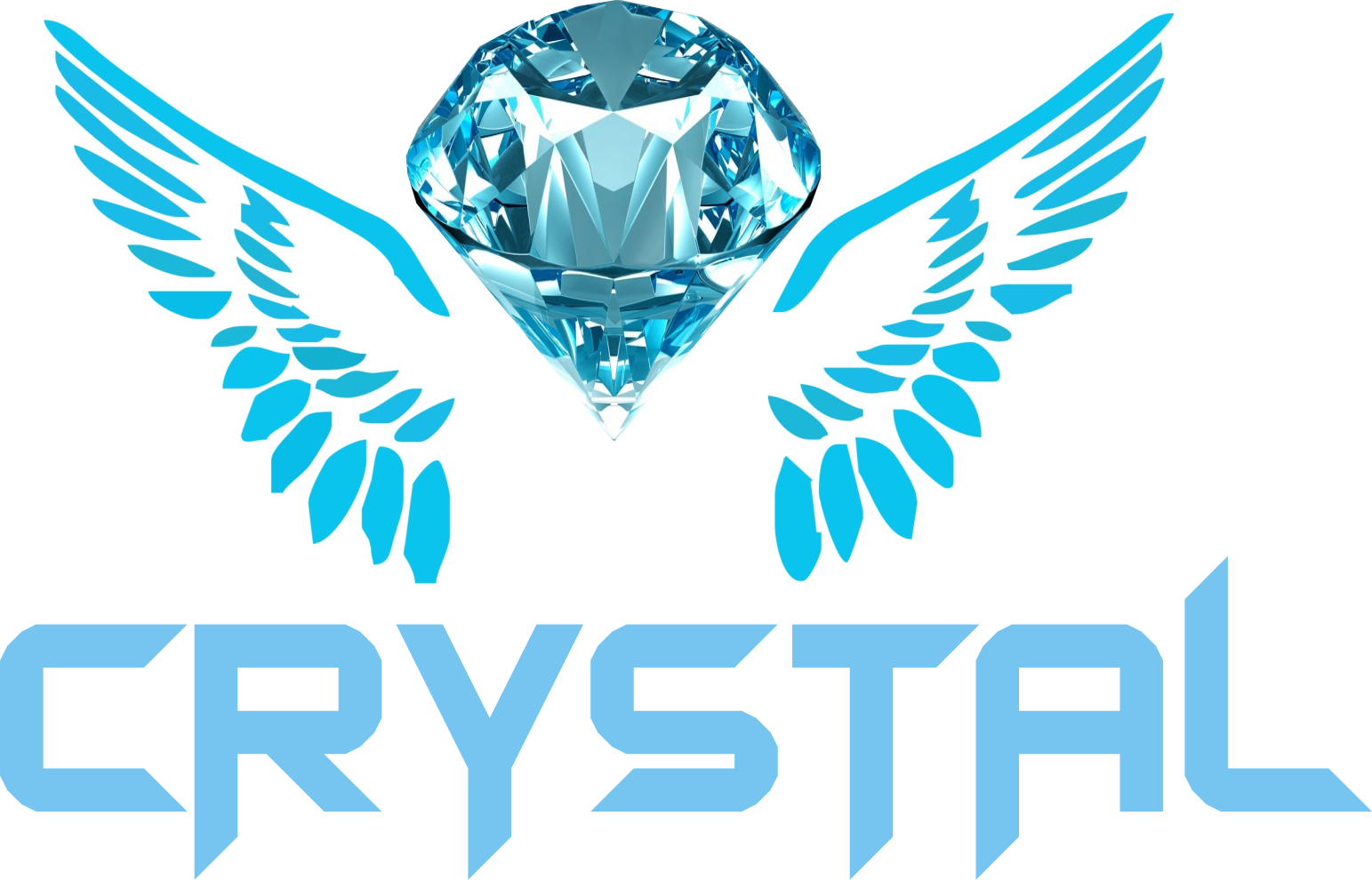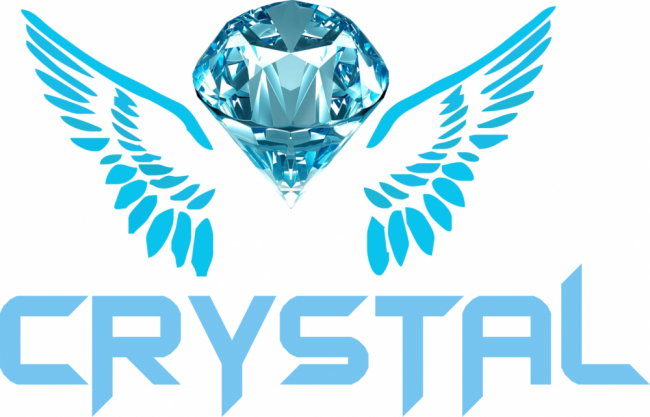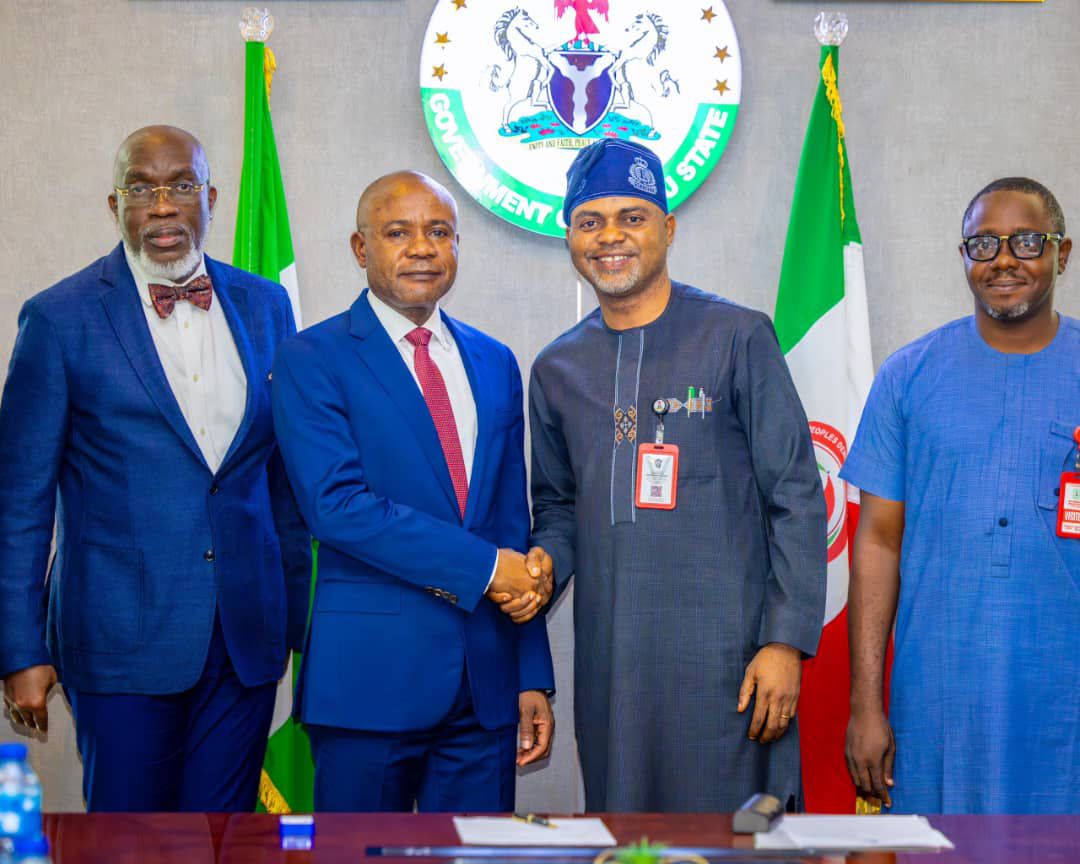Jambo, the largest web3 mobile infrastructure bringing emerging markets
on-chain, announced that it’s expanding to the Solana blockchain along with Tether to offer
blockchain-enabled financial and educational technologies that cater to emerging markets.
Central to this is the JamboPhone, a $99 web3 smartphone that has been powerful in onboarding all
types of users on-chain in a mobile-first way. Combined with the Solana blockchain’s high throughput
capabilities and Tether’s dominant stablecoin, USDT, access to web3 financial and educational products
will be democratized to those who need them most in Southeast Asia, Africa, and Latin America.
Priced at $99 and already sold in over 120 countries, the JamboPhone is targeted towards Gen Z
consumers in emerging markets as their portal to the best digital products and opportunities globally.
Users can engage with the global economy by utilizing the preloaded Jambo Ecosystem applications
featuring DeFi, gaming, and web3 infrastructure applications. The JamboPhone aims to address some of
the most challenging issues faced by emerging markets, such as a large unbanked population and limited
access to smartphones. Users can purchase the JamboPhone with Solana Pay on JamboPhone.xyz.
The Jambo App: Empowering Users
The smartphone is equipped with the JamboApp, a comprehensive web3 platform that offers users a
range of services including decentralized finance, gaming, and educational content, all designed with the
emerging market user in mind. The JamboApp includes the JamboWallet, a non-custodial multichain
wallet which includes support for Solana tokens and USDT. Jambo will be giving out rewards primarily in
USDT, leveraging its broad acceptance and stability in emerging markets. Users will be able to complete
quests sponsored by Jambo and Jambo ecosystem partners, ranging from educational initiatives to
promotional tasks, with rewards now distributed primarily using SPL USDT. This initiative underscores
Jambo, Solana, and Tether’s role as pioneers in bridging the digital divide, aiming to democratize access
to digital financial tools and providing users with earning opportunities in emerging markets.
Leveraging Local Solana Communities
Additionally, Jambo will engage local Superteams to accelerate web3 adoption. Superteam is a global
community of web3 builders who are passionate about Solana. Their mission is to help web3 talent learn,
earn and connect with the Solana ecosystem. These teams, composed of local experts and enthusiasts,
will play a pivotal role in educating communities, fostering local development, and driving grassroots
initiatives that ensure sustainable growth within the web3 ecosystem.
“Back when I was building
earn.com in 2017, our vision was to build a product ‘where there’s a phone,
there’s a job.’ Alice, James, and the Jambo team have realized that vision by developing web3 mobile
infrastructure bringing financial access to emerging markets,” said Lily Liu, President of the Solana
Foundation. “Jambo offers a gateway to web3 that is accessible to nearly anyone in the world, while
Solana enables financial access for nearly anyone with an internet connection. Together, we are
committed to making self-custody, financial opportunity, and educational resources accessible to millions.”
Why Emerging Markets
Emerging markets face their own unique set of economic challenges that Solana and Tether can address
with their blockchain and stablecoin solutions. In emerging markets, the use of USDT (Tether) significantly
surpasses that of other stablecoins, with over 34.2 million unique wallets utilizing USDT as of April 2024.
This broad user base highlights the widespread trust and adoption of Tether in these regions. With
Jambo’s game-changing smartphone, Solana’s fast transaction processing, low transaction fees, and
Tether’s robust and widely-used stablecoin, users now have access to stablecoin and crypto payment
rails, alternative banking access, and global earnings opportunities.
“We want to bring emerging markets on-chain,” said James Zhang, Co-founder of Jambo. “Bringing
Jambo to Solana and Tether allows us to provide a comprehensive solution that addresses the unique
needs of these regions.”
“Emerging markets stand out as promising grounds for financial inclusion. Their demand for tools like
USDT fuels our dedication to shaping a brighter financial future for users in these regions.” said Paolo
Arodino, CEO, Tether. “By providing affordable access to web3 technologies through the JamboPhone
and leveraging the power of the Solana blockchain, Jambo is empowering users in these regions with the
tools they need to participate in the global digital economy. The integration of SPL USDT as a reward
mechanism further strengthens this initiative, offering users a stable and secure digital asset.”

 Trending News3 years ago
Trending News3 years ago
 Others2 years ago
Others2 years ago
 Others5 years ago
Others5 years ago
 Business3 months ago
Business3 months ago
 Judiciary4 years ago
Judiciary4 years ago




